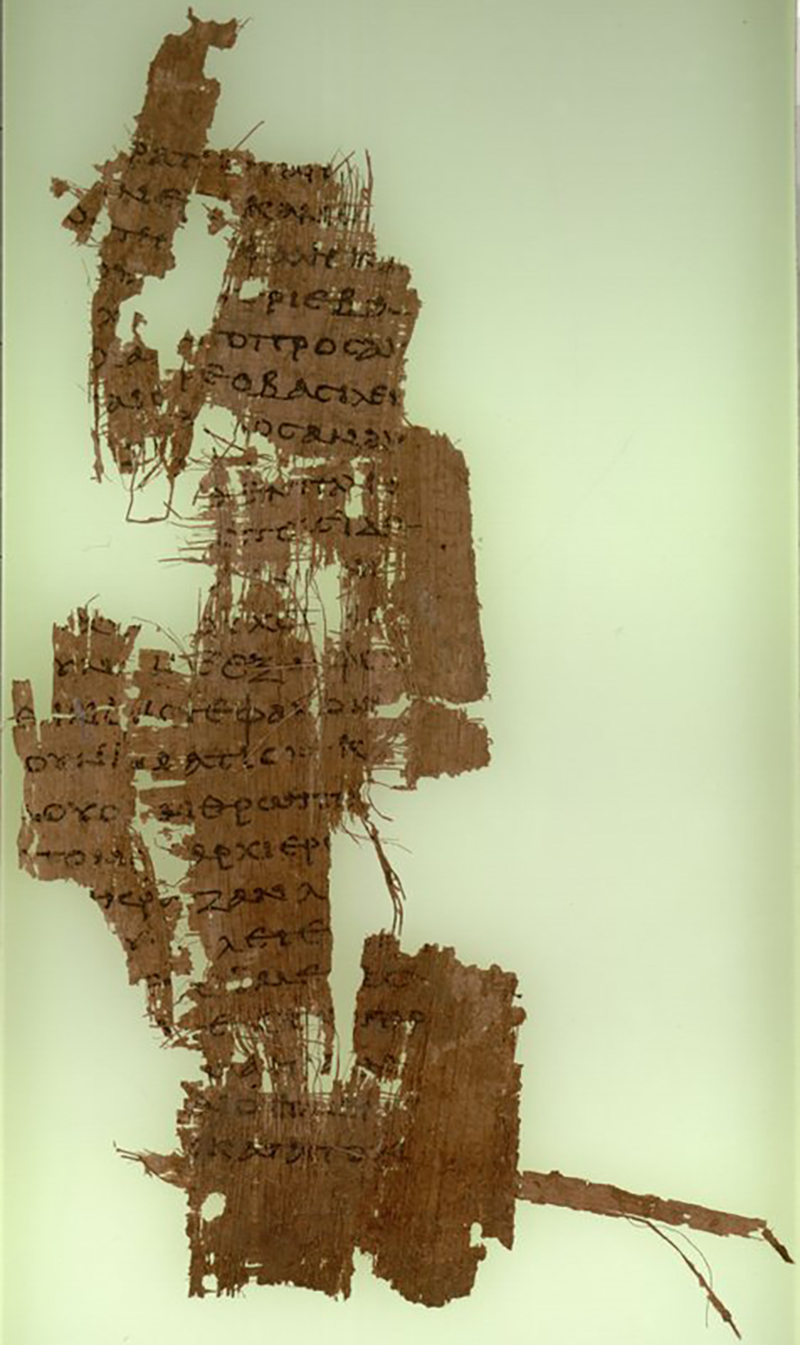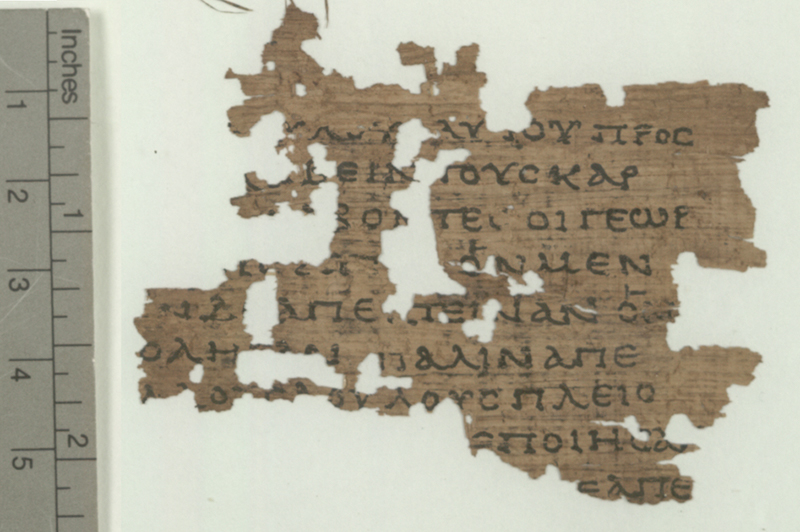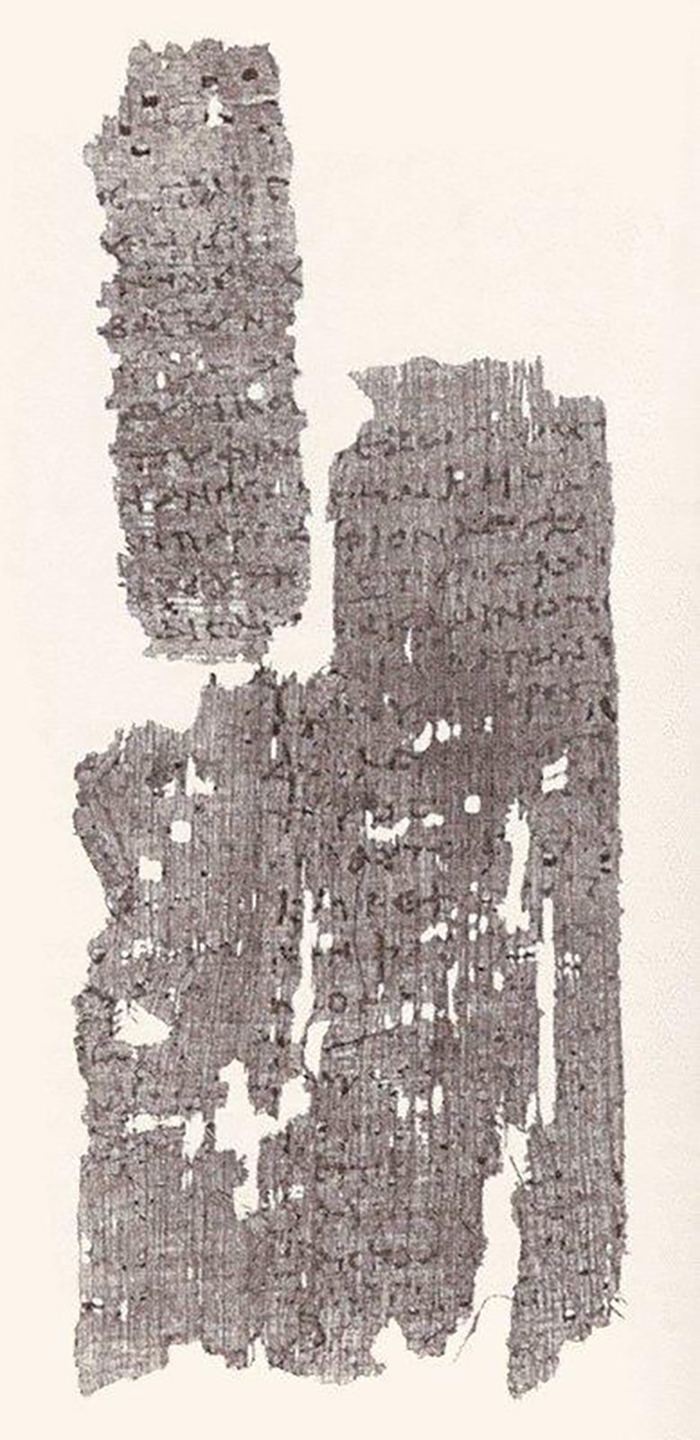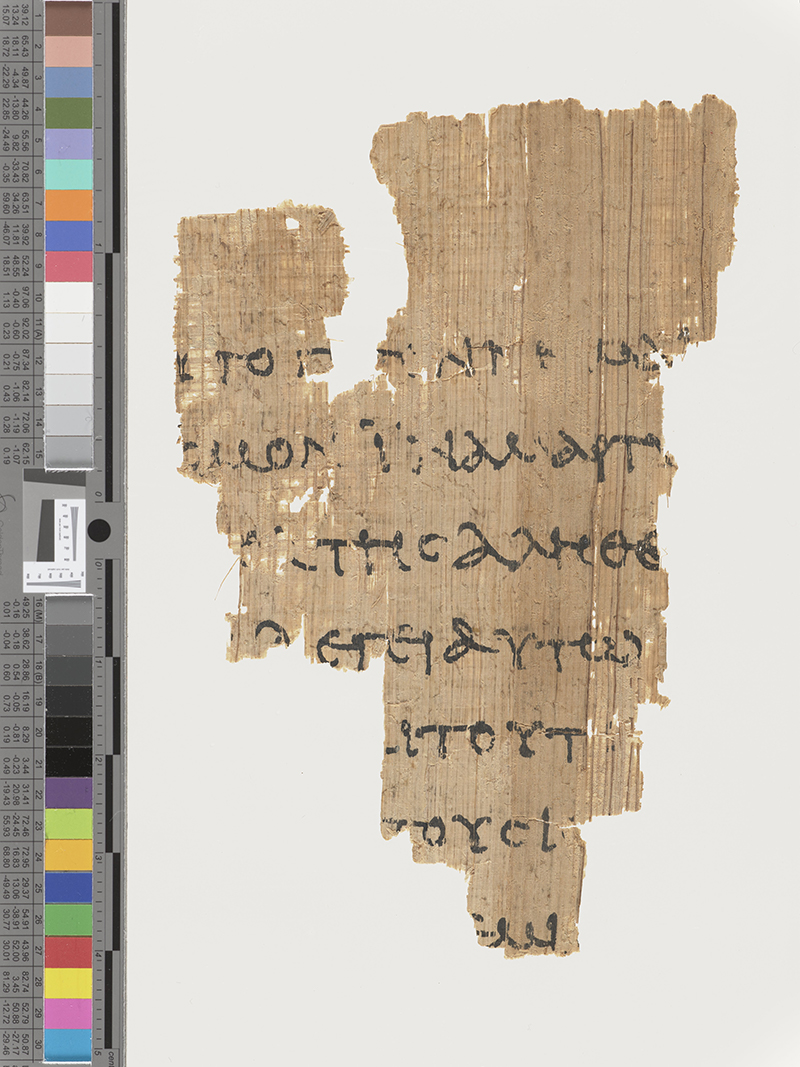From Egypt to the UK, these libraries are home to Christianity’s oldest documents.
Lenten Campaign 2025
This content is free of charge, as are all our articles.
Support us with a donation that is tax-deductible and enable us to continue to reach millions of readers.
Copies of the New Testament can be found in more manuscripts than any other work of ancient literature. There are an estimated 5,800 ancient Greek manuscripts of the New Testament as well as thousands of others in languages such as Latin, Coptic, Syrian and Armenian. And, impressively, these manuscripts, written thousands of years ago on parchment, remain intact to this day, and have now been digitized for anyone to see.
Because of the way manuscripts were stored in ancient times, researchers often find only some parts of manuscripts or incomplete versions. That’s because complete manuscripts were put to use, resulting in wear and tear, while “incomplete” manuscripts that contained writing mistakes, made by monks who painstakingly copied verses from one manuscript to another, were stored into “manuscript caches.” Paradoxically, it was those “rejected” manuscripts that often could make it intact to the present day. For example, the “Sinai Bible,” also known as the Codex Sinaiticus, a collection of handwritten copies of the Bible in Greek found at the Monastery of St. Catherine in the Sinai desert, Egypt, was compiled using “rejected” manuscripts that had been stored away at the monastery for centuries.
Thanks to sophisticated dating techniques, ancient book experts were able to identify the oldest manuscripts of the New Testament, safely stored in university libraries in England and Egypt. Here are the four oldest New Testament manuscripts:
1. Gospel of John, 2nd century
Stored at the Sackler Library Papyrology Room of Oxford University in England, “Papyrus 90,” as researchers have named it, contains words from the Gospel of John in ancient Greek on both sides. It was discovered along with other ancient manuscripts named “Oxyrhynchus papyri” in an ancient “manuscript dump” near Oxyrhynchus, Egypt, a site that was discovered in the late 18th century and revealed to contain the largest number of ancient Christian manuscripts in the world.

2. Gospel of Matthew, 1st century
Also kept at Oxford’s Sackler Library Papyrology Room, “Papyrus 104” dates to the 1st century and contains ancient Greek verses from Matthew 21:34-37 on one side and lines from verses 43 and 45 on the other side. A total of 110 legible letters can be spotted on the front side, making up the sentences: “he sent his servants to the vine-growers to collect the harvest that was his. And the vine-growers took his servants; indeed, they beat one and they killed another, and another they stoned. Again, he sent other servants, more than the first: and they did.”

3. Book of Revelation, 1st century
Kept at the Collection of the French Institute of Oriental Archeology in Cairo, Egypt, this manuscript contains verses from the first chapters of the Book of Revelation and was probably copied in the year 100 in Egypt. “Papyrus P98,” as researchers named it, was part of a bigger scroll and contains verses 1:13–2:1.

4. Gospel of John, 2nd century
Currently on display at the John Rylands University Library in Manchester, UK, this ancient manuscript dates to the 2nd century. It was part of a “codex” (a book made up of papyrus sheets) and contains fragments of John 18:31-33 on the front side and parts of John 37-38 on the back. Thanks to fragments on the front side of this manuscript, researchers were able to reconstruct the following verse: “the Jews, ‘For us it is not permitted to kill anyone,’ so that the word of Jesus might be fulfilled, which he spoke signifying what kind of death he was going to die. Entered therefore again into the Praetorium Pilate and summoned Jesus and said to him, ‘Thou art king of the Jews?'”









